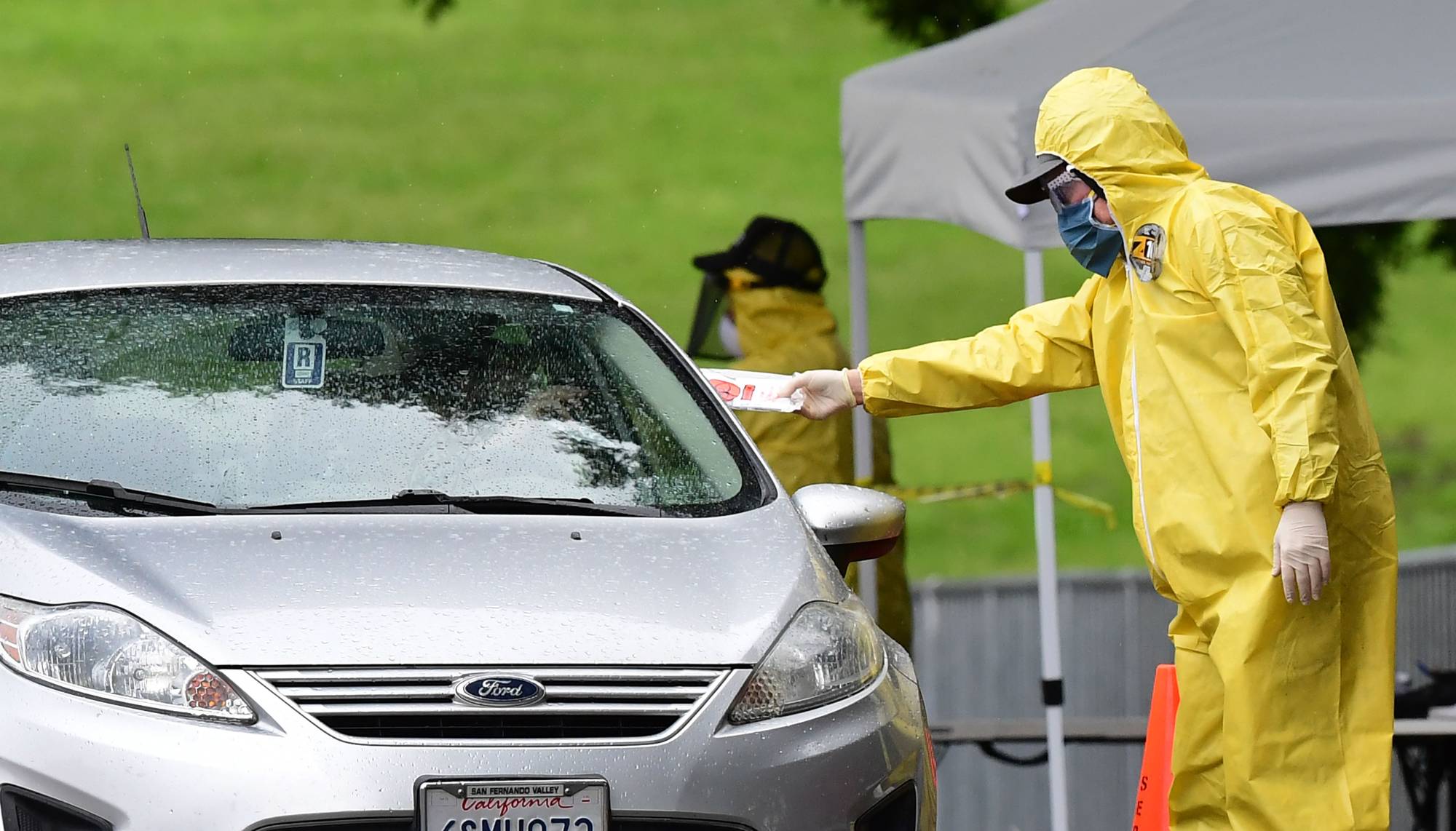After weeks of warning that treatments and vaccines for COVID-19 could be months away, scientists are showing enthusiasm for one line of attack that’s not so distant: widespread testing for the presence of antibodies. These “serology tests,” as they’re called, could indicate a past infection — and some degree of protection against getting the coronavirus again.
That’s important because scientists know that the 1.5 million cases worldwide represent only the tip of the iceberg. There are many more people who never got sick enough to seek out a test. In theory, antibody testing could identify those people and give them a sort of COVID-19 license or passport to re-enter the workforce, or help out in hospitals and labs battling the disease.
But a positive antibody test is not an automatic ticket back to work. “People are thinking about this wrong,” says Harvard pathology professor David Walt, who is developing new COVID-19 tests of different kinds. Eventually it could work that way, but not until people can also be tested to ensure they don’t have any active virus lingering in their bodies. We still lack the quick, accurate tests we need to pull that off on a large scale.

















With your current subscription plan you can comment on stories. However, before writing your first comment, please create a display name in the Profile section of your subscriber account page.